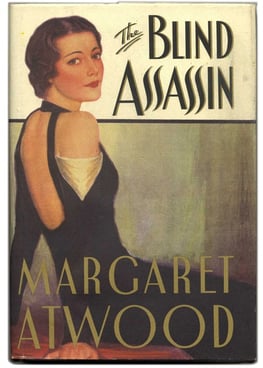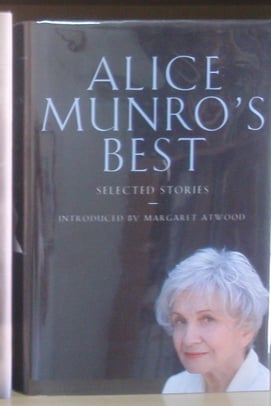In many ways, writing a short article listing the best books on Canada is an impossible task. The nation is a particularly diverse one filled with prolific First Nations indigenous writers, novelists who are descendants of European settlers, and immigrant authors from Southern and West Africa, Southeast Asia, Central Europe, and other parts of the world. In short, we can’t imagine any kind of singular classification of Canadian literature. We can, however, offer you some of our more recent favorites that make up at least one list of the best books on this country.
Jeanette Armstrong’s Slash (1985)
 Jeanette Armstrong, a First Nations writer, has spent much of her life in Okanagan. Largely recognized as the first indigenous Canadian woman writer, Armstrong published the novel Slash in 1985. In it, she depicts a male First Nations activist and focuses largely on the history of the Okanagan people and both the possibilities and limitations of indigenous rights activism in North America in the 1960s.
Jeanette Armstrong, a First Nations writer, has spent much of her life in Okanagan. Largely recognized as the first indigenous Canadian woman writer, Armstrong published the novel Slash in 1985. In it, she depicts a male First Nations activist and focuses largely on the history of the Okanagan people and both the possibilities and limitations of indigenous rights activism in North America in the 1960s.
Margaret Atwood’s The Handmaid’s Tale (1985)
We can’t imagine a list of the best books on Canada without Margaret Atwood’s The Handmaid’s Tale (1985). Much of this novel takes place around a dystopian Boston, Massachusetts that has been infected by a totalitarian government, but the book does present Canada as a possible place of sanctuary. We suspect you might have already read The Handmaid’s Tale in your literary travels. If so, why not explore Atwood’s other works? We recommend Cat’s Eye (1988) or The Blind Assassin (2000) to start.
Alice Munro’s The Love of a Good Woman: Stories (1998)
 For many English-language readers, Alice Munro has long been a household name. She is a Canadian writer who is known best for her short stories, and she won the Nobel Prize in Literature in 2013, and the Man Booker International Prize in 2009. She grew up in Huron County, Ontario, the frequent setting of the many short stories that make up her magnificent works.
For many English-language readers, Alice Munro has long been a household name. She is a Canadian writer who is known best for her short stories, and she won the Nobel Prize in Literature in 2013, and the Man Booker International Prize in 2009. She grew up in Huron County, Ontario, the frequent setting of the many short stories that make up her magnificent works.
Which book of short stories do we recommend? Most recently, we’ve been enamored with The Love of a Good Woman: Stories (1998). This collection contains eight different stories that revolve, in distinct ways, around the lives of women across several decades. We love one of the early sections from the title story:
“This place was called Jutland. There had been a mill once, and some kind of small settlement, but that had all gone by the end of the last century, and the place had never amounted to much at any time. Many people believed that it had been named in honor of the famous sea battle fought during the First World War, but actually everything had been in ruins years before that battle ever took place.”
The story urges us to consider the ramifications of time—lost time, especially—and the ways in which the spaces we inhabit reflect the years that go by.
Madeleine Thien’s Do Not Say We Have Nothing (2016)
Madeleine Thien’s very recent Canadian novel, Do Not Say We Have Nothing (2016), made the short list for the Man Booker Prize. It begins in Canada in 1991 as a young girl, Marie, learns about the history of Revolutionary China and the Tiananmen Square protests from a recent immigrant, Ai-Ming. The novel asks its readers to reexamine the impacts of the Cultural Revolution and to reconsider the nature of political migration to North America. If you enjoy this novel, we recommend exploring some of Thien’s other works, such as Simple Recipes (2001) or Dogs at the Perimeter (2011).
We have offered only a handful of the best books on Canada here. We hope you’ll explore some of our recommendations, and that you’ll continue to broaden your knowledge of Canadian literature.









